China will commence pork import from Russia in 2024
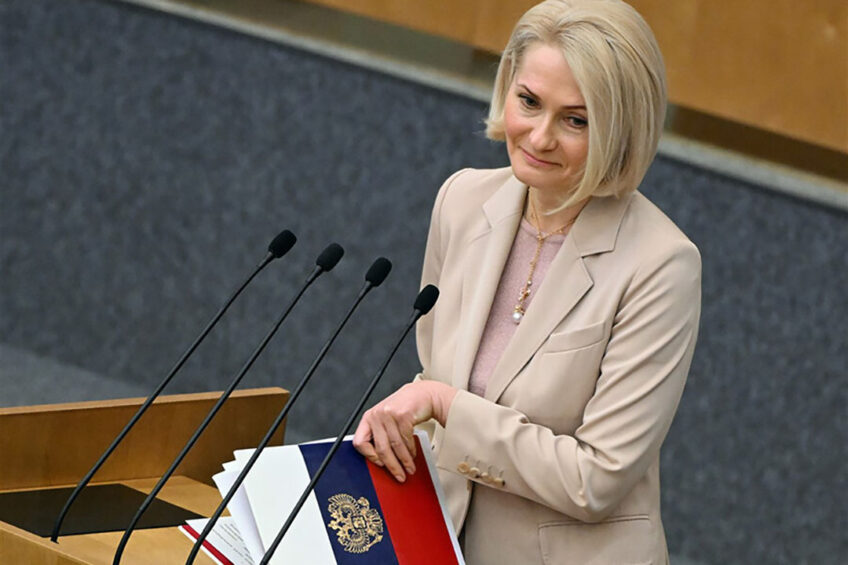
China will import the first Russian pork in the middle of 2024, according to Russian deputy prime minister Victoria Abramchenko.
There is technical work needed to lay the legal ground for the export, Russia’s ministry of economic development said. The ministry estimated that it would take 3 to 12 months. On the Russian side, green light is necessary for veterinary certificates. Russian pig producers must pass registration in the Chinese veterinary system CIFER.
China lifted the nearly 15-year ban on Russian pork imports in October 2023, following an in-depth analysis of the situation around African Swine Fever (ASF) in the country and extensive negotiations at the top political level.
RusAgro is the biggest winner
RusAgro, a prominent Russian pork producer, will benefit most from the Chinese decision, according to Ricom-Trust, a Moscow-based financial consultancy. The Russian pig industry’s further development potential entirely depends on export. Domestic consumption is already exceptionally high, while the import-replacement push is exhausted, according to the analysts.
According to Ricom-Trust, “The further investments [in the Russian pig industry] are made primarily with a view to future growth in exports. In recent years, a number of large companies have built pig farms with the expectation of exporting pork to Asian countries, including China.”
This year, Russia’s pork production will increase by an estimated 5% or 200,000 tonnes. That growth pace will be maintained in 2024, the analysts reported. In previous years, RusAgro considered plans to build pig farms near the Chinese border or even in China.
Further expansion of pig farming is likely
Russia’s pork production is growing as farms, under which soft loans were allocated within a government programme in 2018, are gradually put into commercial operation, according to the Russian National Union of Pork Producers (RUPP). That process is likely to last until 2025, as some farms are yet to reach full production performance.
Next year, the growth could even accelerate to 7% compared with the current year. RUPP added that this could happen even if the soft loans with subsidised interest rates will no longer be available for Russian pig farmers.
In the meantime, there are signs that the Chinese decision to lift the Russian pork ban could attract new investments to the Russian pig industry. Goldman Group, a prominent Siberian pig company, has recently announced the expansion of its assets in the Krasnoyarsk Krai, Siberia. It wants to establish exports to the Chinese market. The work is scheduled to be finished by January 2024, the company said, not providing additional details.
The Pig Progress Newsletter
Sign up for our newsletter and receive all our need-to-know content three times a week.
 Beheer
Beheer

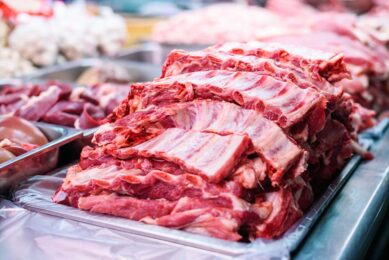
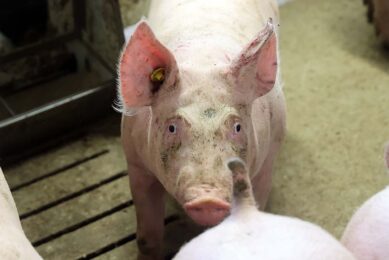
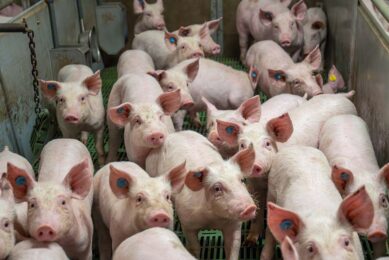
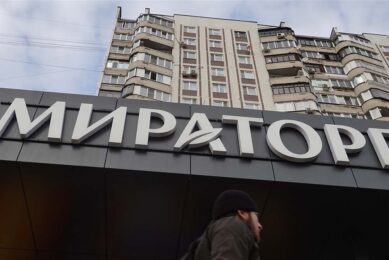



 WP Admin
WP Admin  Bewerk bericht
Bewerk bericht